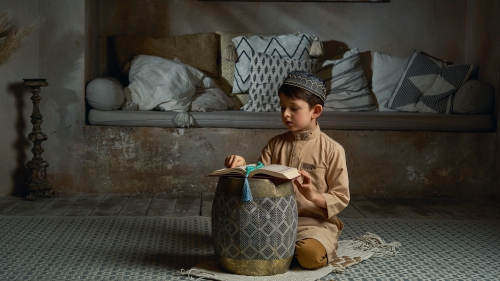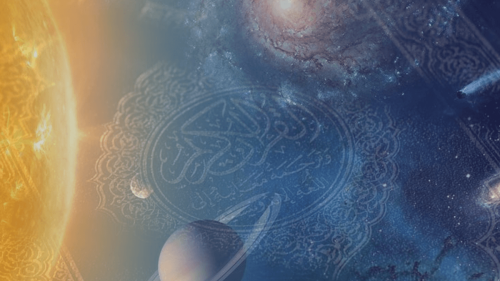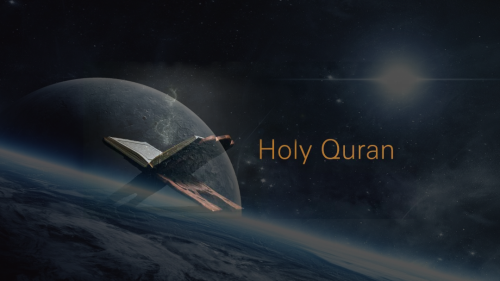Playing God: the new frontier
Ian Wilmut, a Scottish scientist, made international news on July 5, 1996 with the birth of Dolly the sheep. Dolly was obviously was no ordinary sheep. She was cloned from the genetic material of a grown sheep. Essentially, the clone was created by removing the nucleus from a mature sheep and placing it into a sheep egg cell. The egg cell's own nucleus was removed before the mature sheep's nucleus was implanted. The resulting embryo was then placed into the uterus of another sheep, which carried and delivered the lamb.
There are two different procedures known as cloning. The one described above is embryo cloning. The other is DNA cloning. For our purposes both raise the same issues. The implications of cloning research are enormous. Scientists could conceivably create embryos artificially from every mammalian cell, including humans. This embryo would then become an identical copy of the donor from whose cell the nucleus was removed. The ethical and moral questions raised by this potential concern many. Indeed, at the time of the Dolly cloning announcement, Richard Nicholson from the British Bulletin of Medical Ethics stated for the record that cloning research may be "sowing the seeds or our destruction."
The concerns were not restricted to scientists. In fact, a 1997 CNN poll with a margin of error of 3 percent found that 89 percent of American adults felt that cloning was morally unacceptable. The initial debate and opposition has died down considerably and the proponents of unrestrained cloning are moving the boundaries further and further. Newer and newer thresholds are being crossed without any serious debate as to the moral, ethical, and social issues. Consider some of the highlights:
November 1998 -- Advanced Cell Technologies, an American company, announces the first cloning of a human embryo using DNA. The procedure involves removing DNA from a man's leg and inserting it into a cow's egg. However, the actual first embryo cloning of humans was reportedly done much earlier (in 1994) by Robert J. Stillman at the George Washington Medical Center.
April 27, 1999 - Canadian company Nexia Biotechnologies Inc., produces the world's first cloned goats. The Montreal-based company plans to produce animals with human genes. These animals would produce milk containing a special protein. These proteins would be extracted to treat certain medical conditions in humans.
January 13, 2000 - The Oregon Regional Primate Research Center clones a rhesus monkey by splitting an embryo into four parts. This is yet another breakthrough as the procedure is significantly different from that used for Dolly.
January 2000 - The British patent office grants a patent to Wilmut's Roslin Institute on the cloning process he used to create Dolly as well as all animals produced using the process. The patent goes one step further. The Institute is also granted intellectual property rights in all human embryos up to the blastocyst stage (a cluster of about 140 cells).
By granting the patent to Roslin Institute, the British government went where no other government had gone before and granted ownership rights in a developing human being. And this was done without any publicity or real opposition. The patent has been licensed to California-based biotech firm Geron Corporation. Geron has indicated that it does not intend to clone full humans. Yet, the fact that we can grant ownership of embryos to a corporation challenges certain fundamental postulates held by many. With humans owning other humans (however incomplete) what happens to our notion of God being the creator? What impact will this have on our understanding of human life if embryos are corporate property? How will we address the inevitable demand for designer babies and super-babies in the ever-competitive world? If the early phase of human development can be patented, what is to prevent further stages from being patented?
Cloning research itself must be scrutinized and controlled. Without stringent regulation, cloning research is headed down the proverbial slippery slope. Indeed, the potential for misuse and abuse is serious. "... This [cloning] has the potential of giving women complete control over reproduction ... a stunning possibility that could, carried to its logical extreme, eliminate men altogether," writes Ann Northrop, a noted gay/lesbian columnist in New York.
No doubt there are some benefits to cloning research for the field of medicine. And few would argue for a total ban. Indeed, proponents have touted cloning research as holding potential cures for Parkinson's, diabetes, nerve damage, heart attacks, degenerative joint disease, Alzheimer's, etc. The Human Cloning Foundation, a pro-cloning group, even touts it as possibly allowing us to find a "cure" for the aging process. Additionally, the research could be vital for the production of cells, organs and tissues. But these prospects cannot blind us to the serious issues that such research raise.
Harold Shapiro, chairman of the U.S. National Bioethics Advisory Committee, has said that research into human cloning is being conducted with "stunning speed." In his view, human cloning may be "impossible to stop." The fact that the situation is so overwhelming must not stop us from regulating this area. We can start by asking elected officials and proponents of uncontrolled cloning research: how is it that a corporation is allowed to own a stage of human development as intellectual property 135 years after the U.S. officially abolished the right of one human being to own another as property?
Faisal Kutty is a Toronto lawyer and writer and is also a columnist for the Washington Report On Middle East Affairs

















